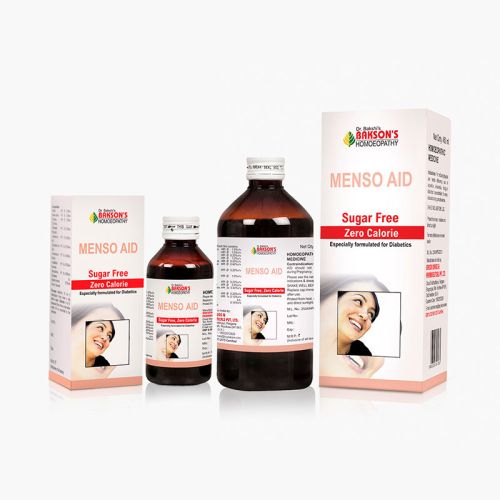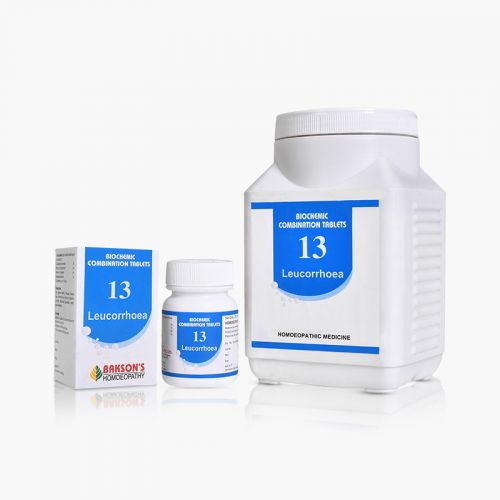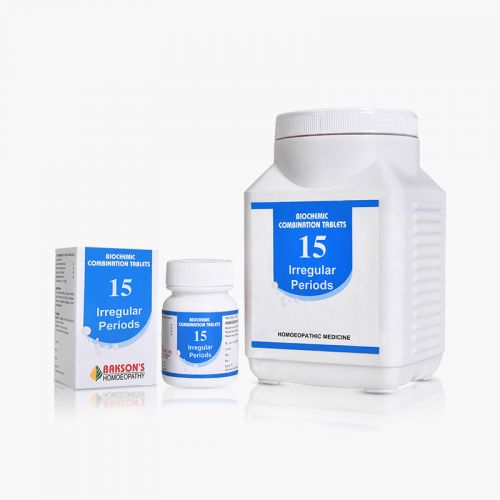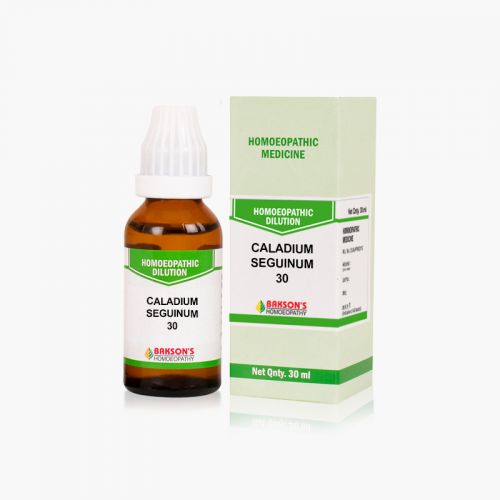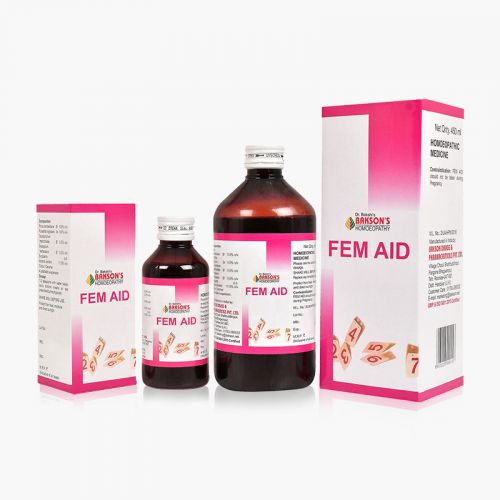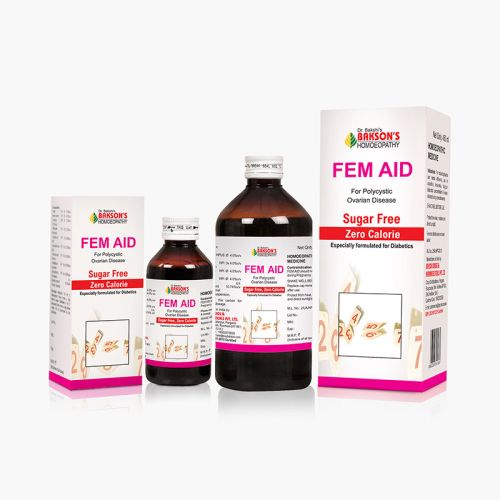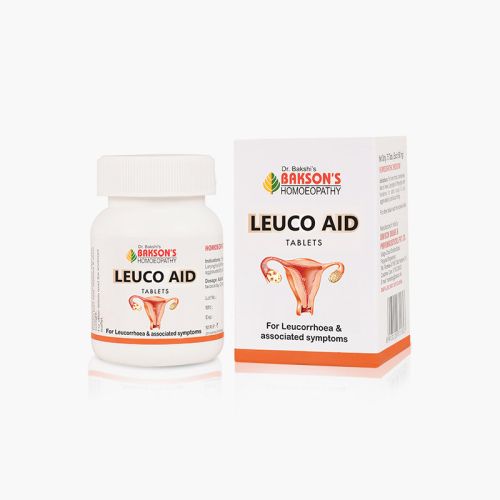We use cookies to make your experience better. To comply with the new e-Privacy directive, we need to ask for your consent to set the cookies. Learn more.
What is Vaginal Candidiasis?
Vulvovaginitis, or inflammation of the vulva and vagina, most commonly occurs in reproductive-aged women and is usually secondary to infection. Candidal vulvovaginitis occurs in almost one third of cases.
The condition occurs when Candida species superficially penetrate the mucosal lining of the vagina and cause an inflammatory response. Almost 70 percent of women complain of vaginal candidiasis at some point in their lifetimes.
Aetiology
Candidal vulvovaginitis is caused by inflammatory changes in the vaginal and vulvar epithelium secondary to infection with Candida species, most commonly Candida albicans. Though the organism is a part of the normal flora in vagina/vulva and women are mostly asymptomatic, candidal vulvovaginitis requires both the presence of candida in the vagina/vulva as well as the symptoms of irritation, itching, dysuria, or inflammation.
Some of the risk factors for acute candidal vulvovaginitis include-
- Oestrogen use
- Elevated endogenous oestrogens (from pregnancy or obesity)
- Diabetes mellitus
- Immunosuppression (i.e., patients with chemotherapy or antimetabolite medications, or transplant patients)
Sign and symptoms
The typical symptoms present are irritation, itching and burning that are pronounced just before the patient's menstrual period. The degree of irritation is typically severe with acute vulvovaginal candidiasis.
On examination, common findings will be vulvar and vaginal erythema, excoriations, thick white adherent discharge, and swelling.
Diagnosis
Pelvic examination is important along with vaginal wet preparations, pH testing, and testing to exclude other aetiologies of vaginal discharge and infection. On wet preparation, lactobacillus is seen as the prominent bacteria with some inflammatory cells. Also, Whiff test is also performed in which potassium hydroxide is applied to the discharge on a slide and budding yeast, hyphae or pseudohyphae are seen on microscopy.
General management
Medications must be started at the earliest with the maintenance of local hygiene.
Warning: Above information provided is an overview of the disease, we strongly recommend a doctor's consultation to prevent further advancement of disease and/or development of complications.
Disclaimer: The information provided herein on request, is not to be taken as a replacement for medical advice or diagnosis or treatment of any medical condition. DO NOT SELF MEDICATE. PLEASE CONSULT YOUR PHYSICIAN FOR PROPER DIAGNOSIS AND PRESCRIPTION.
- BAKSON MENSO AID (SUGAR FREE)As low as ₹ 96.00
-
-
-
- CALADIUM SEGUINUM 30₹ 100.00
- FEM AID SUGAR FREEAs low as ₹ 96.00
- LEUCO AID TABLETS - 75 TABSSpecial Price ₹ 172.00 Regular Price ₹ 215.00




